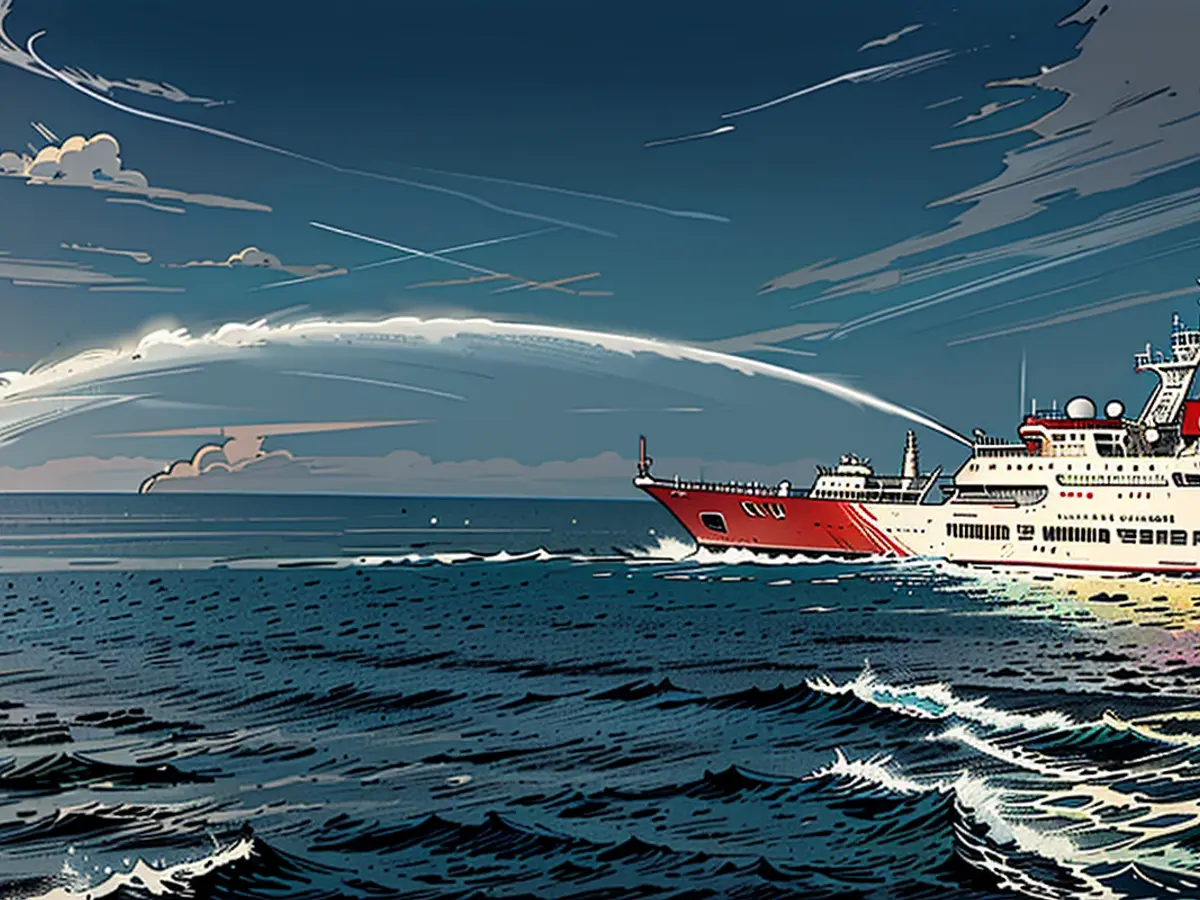Clash between Filipino and Chinese vessels in the South China Sea
The dispute over territorial claims between China and the Philippines in the South China Sea is still intensifying. Over the weekend, both nations pointed fingers at each other following a collision between two vessels in a contentious section of the bustling sea. The Chinese coast guard claimed that a Philippine ship deliberately crashed into a Chinese vessel near the Sabina Reef. Meanwhile, the Philippine coast guard painted a completely different picture of the incident.
The Sabina Reef falls under the 200-nautical-mile exclusive economic zone of the Philippines. Nevertheless, the Chinese coast guard accused the Philippine ship's crew of illegally navigating the region.
China urged the Philippines to pull back immediately. The Chinese coast guard vowed to implement all necessary measures "to firmly protect the territorial sovereignty and the maritime rights and interests of the nation." On the other hand, the Philippine coast guard alleged that the Chinese side disregarded maritime regulations to prevent a collision and performed risky maneuvers, leading to property damage. Fortunately, no one was harmed.
Such incidents have been almost routine in the broader area surrounding the hotly contested Spratly Islands. The Chinese government lays claim to almost the entire South China Sea - including areas also claimed by the Philippines, Brunei, Malaysia, Taiwan, and Vietnam. In 2016, an international arbitration court ruled that China's claims had no legal basis. However, the Beijing administration does not acknowledge this ruling.
The People's Republic of China has constructed seven artificial islands in the South China Sea. Some of these islands feature radar, airfields, and surface-to-air missiles. The sea, which carries goods valued at approximately $3 trillion annually, is significant for international shipping. Additionally, suspected oil and gas reserves and renowned fishing grounds can be found in certain parts of the sea.
The Chinese coast guard's accusation of illegal navigation by the Philippine ship may have fueled the Philippine coast guard's feeling of guilt over the incident. Regardless of the blame game, both nations should strive to prevent further escalation and maintain peace in the South China Sea to avoid potential environmental and humanitarian consequences.








